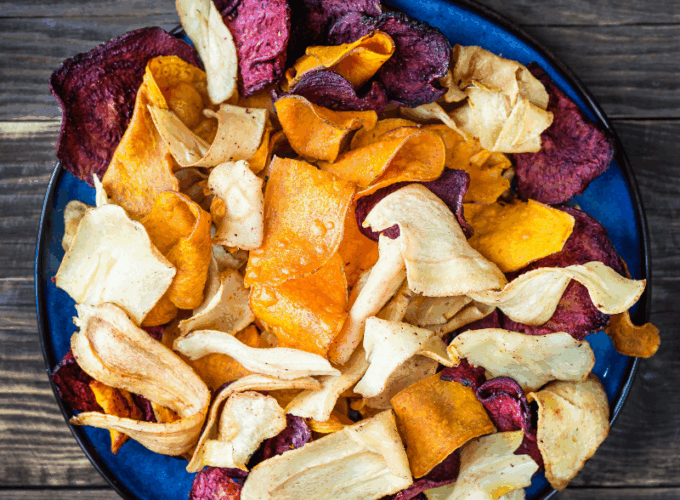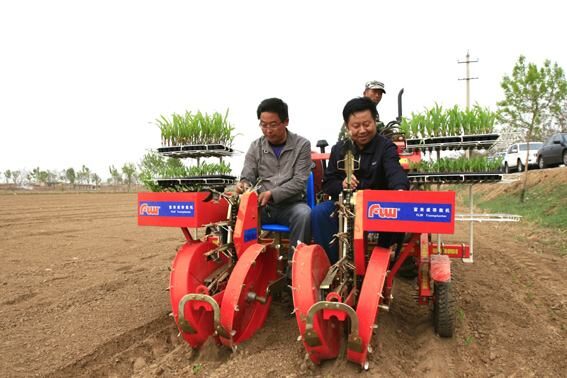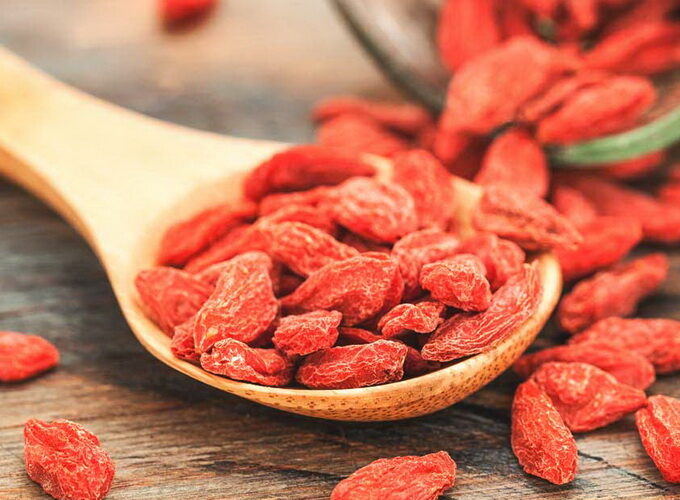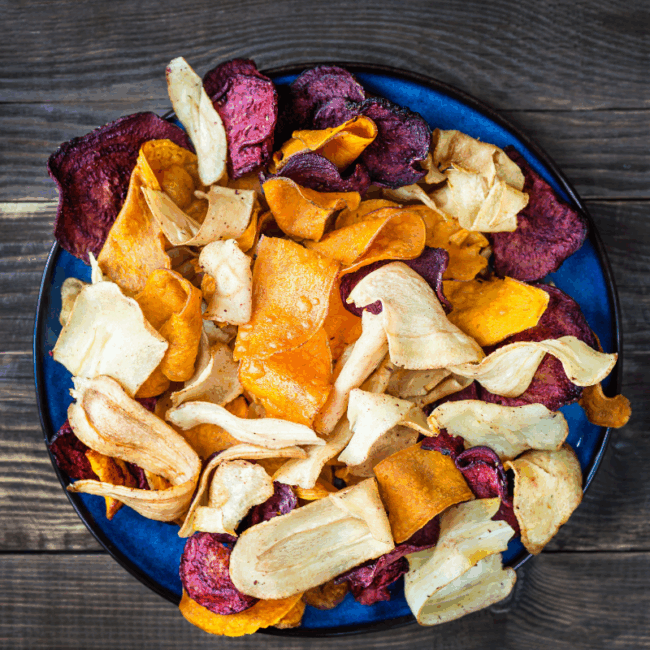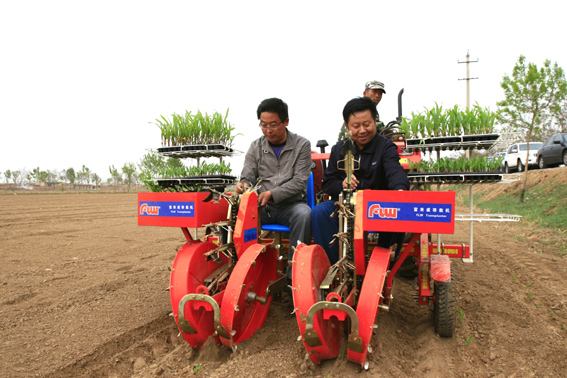Although the current goji berry market is still depressed, the demands for the high-qualities goji berries exceed the supply, more and more goji berry growers realize the importance of improving the quality of wolfberry.
Organic goji berries are strictly produced with the operation of organic agricultural production system, organic goji berries are natural high-quality products whose pesticide residues is lower than 0.02ppm produced bytransforming the traditional goji berry farm. And they are certified by the USDA and the EU and some Chinese agencies.
The plants of goji berries should be operated organically in managing soil environment, nutrients, fields, harvest, storage and other aspects.
1. Soil environment
1) The soil should be tested without use of prohibited substances for 3 years before planting, the qualified is useful.
2) There should be some crop isolation belts which are helpful to growing around goji berries.
3) To promote the biological cycle of the goji berry farm, people shouldmake full use of organic matters and nutrient elements, avoid all possible pollution with agricultural technology, maintain and enhance the long-term fertility of the soil in the goji berry farm.
4) People should not leave some residues of burned crops and other materials in the goji berry farm.
5) Goji berry farm can not be stacked with rubbishes and other pollutants.
2. Management of nutrients in goji berry.
1) Time for fertilization
Goji berries should not be fed without the demand for fertilizer. if the lands need to be fed, people should feed them in late April, late June, late July and at the beginning of September with organic fertilizers and the fertilizers whose content of heavy metals is lower than the national standard.
2) Methods of fertilizing
Base fertilizer: the method of furrow application in a circle. People should fertilize in grooves with 25-30cm deep 40-50cm far from the root and cover with soil.
foliage spray: generally, people should fertilize every 12-20 days after the mid May in their growing period, and people should do that before 10am and after 4 pm without water on the leaves.
3) Attentions
(1) Organic fertilizer should be stored separately.
(2) To use special sprayers and other facilities which should be stored separately.
(3) The equipment of organic goji berry should be placed in isolation and cleaned before harvesting.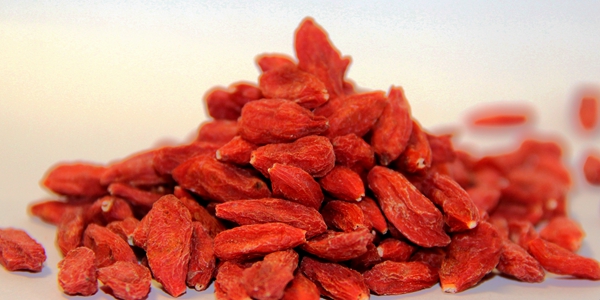
3. Field management
1) Planting and cultivating
(1)Planting: by using organic seeds, interpolations or seedlings, people plant goji berries in late March to early April in spring in 2.5-3 meters of spaing and the distance of 1-1.5 meters, and the plant density is about 220-250 / mu. The crowns of plants are small in the early 1-3 years, so people can grow some leguminous plants in the space.
(2)Supporting: the goji berries have been planted should fed with enough water and fertilizer, so to enlarge tops and increase fruits, people should tie some supports on the base to ensure the straight growth thus improving yields and economic benefits.
(3)Cultivating: cultivating in a scientific way can help loose soil and destroy weeds, promote root growth and absorption of nutrients,and prevent pests. People should take measures such as surfacetillage in spring, weeding, digging and so on. And people should also take notice of root rot caused by turned roots.
2) Water management
(1)Irrigation time: in April, May, June, July, August, September andNovember.
(2)Irrigation: people should irrigate firstly in late April with 60m3/mu, when water in the layer of 0 ~ 20cm of the soil is lower than 18%, the soil should be watered in time in March, May and June with 50m3/mu. And it should be watered every 15 days with 50m3/mu in July and August, 60m3/mu in early September, and 70m3/mu in November. The annual irrigation amount should be less than 350m3 to save water.
(3)Requirement of irrigation: complete irrigation without loss, omission or puddles.
3) Main diseases and solutions
(1)Agricultural control
a) People should clean up the damaged, dead, diseased branches and the branches eaten by worms, withered grass and leaves inearly spring and late autumn in goji berries farm, then people should burn them up out of farm to eliminate the source.
b) People can take measures such as surface tillage in spring,weeding, fertilizing, irrigation and digging in autumn to kill the insects in the soil and reduce the density of insect.
c) People can shape and prune the plants by the order of clearingbases, cutting tops, cleaning, repairing the bottom to balance the relationship with growth and bearing fruits, improve theventilation and light transmission and control diseases and insects.
d) People should put some sticky card traps and ultrasonic transmitters in goji berries farm to interfere pests.
(2)Chemical control
a) In the period of sap flowing with soft brunches: people should spray 45% of lime-sulfur 50-100 times (45% of lime-sulfur with 3-5 Baume Degrees).
b) In the period of sprouting: people should spray 1.3% of matrine 600 times on the crowns.
c) In the period of budding of the branches which have grown for one year and blooming of the branches which have grown for two years: people should spray 1.3% of matrine 600 times,rotenone and pyrethrin on the crowns. People should put some sticky card traps (sticky + awn) to prevent Lepidoptera and Coleoptera insects and put some ultrasonic transmitters to interfere pests on the crowns.
d) In the period of blooming of the branches which have grown for one year and fruiting of the branches which have grown for two years: people should spray 3% of amino-oligosaccharin500times on the crowns.
e)In the period of fruiting of the branches which have grown for one year and maturing of the branches which have grown for two years: people should spray 50% of sulfur SC 400-500 times, 0.5% of azadirachtin 600 times and 3% of amino-oligosaccharin 500times on the crowns.
f) In the period of maturing of fruits: people should spray 3% ofamino-oligosaccharin 500times on the crowns.
4. Harvest and storage
1) Goji berries should be avoided and banned to contact with other pollutants.
2) Goji berries must be sealed and labeled for storage and transportation.
3) The producers of organic foods must maintain complete descriptions of the cultivation, fertilizer usage, pest control, harvest and other agricultural activities.

